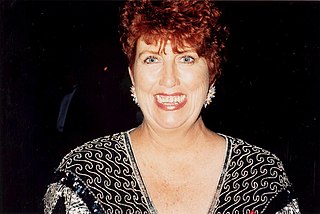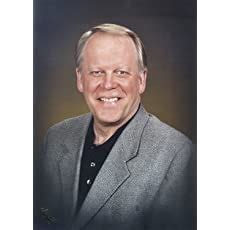A Quote by Milton Resnick
Nothing in the world excites the culture today so much as a question. A question seems very appropriate to whatever you have in mind. Allowing your work to remain questionable is a way of satisfying your cultural condition.
Related Quotes
The Work is four questions and a turnaround. The Work is a way to identify and question the thoughts that cause all the suffering and violence in the world. The Work is a very, very simple process. It's for anyone who can answer a question that is willing to. It takes a bit of willingness and an open mind.
It is not a question of sitting silently, it is not a question of chanting a mantra. It is a question of understanding the subtle workings of the mind. As you understand those workings of the mind a great awareness arises in you, which is not of the mind. That awareness arises in your being, in your soul, in your consciousness.
When you're on the bus or subway or in your car, why busy your mind with all the garbage of advertisements? Why fill your mind with television and radio? Somehow you have to decide what your mind will receive. I don't mean you shouldn't ever go to movies or watch television, but control what enters your mind and heart. It's not just a question of pushing bad things out but also a question of holding on to something really good.
The most important part of the practice is for the question to remain alive and for your whole body and mind to become a question. In Zen they say that you have to ask with the pores of your skin and the marrow of your bones. A Zen saying points out: Great questioning, great awakening; little questioning, little awakening; no questioning, no awakening.
This is a good thing to say to film students. If there's a story point that you don't feel right about, that there's a question you have - "Does it really make sense?" Or, "Is that plausible? Is it implausible? Is it set up?" Or whatever. Go at it. Don't let it go. If there's a question in your mind, you're probably right. You probably do need to work on it and think about it more.
The "magic if" is a tool invented by Stanislavski, the father of acting craft, is to help an actor make appropriate choices. Essentially, the "magic if" refers to the answer to the question, "What would I do if I were this character in this situation?" Note that the question is not "What would I do if I were in this situation?" What you would do may be very different from what the character would do. Your job, based on your analysis of the script, the scene, and the given circumstances regarding the who of your character, is to decide what he or she would do.







































